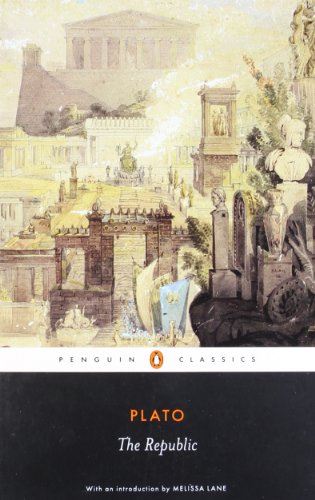
“Reality is created by the mind, we can change our reality by changing our mind.”
— Plato
PLATO
428 - 348
Plato (428/427 or 424/423 – 348/347 BC) was an Athenian philosopher of the Classical period, student of Socrates, teacher of Aristotle, and one of the most influential figures in Western thought. He founded the Academy in Athens, the first institution of higher learning in the Western world, which became a model for future universities. Through his dialogues, Plato shaped philosophy, politics, ethics, and metaphysics for more than two millennia.
Plato’s writings, composed as dramatic dialogues, developed the dialectical method as a way of seeking truth through questioning and debate. He explored a vast range of subjects—justice, politics, love, knowledge, the soul, and the nature of reality. Among his most enduring ideas is the theory of Forms, which holds that beyond the world of appearances lies a higher, eternal realm of perfect archetypes accessible through reason.
His Republic remains one of the foundational works of political philosophy, envisioning an ideal society ruled by philosopher-kings guided by wisdom rather than power. Other dialogues, such as the Symposium, Phaedrus, and Timaeus, examine the nature of love, rhetoric, cosmology, and the divine order of the universe. From him also come concepts like Platonic love and the Platonic solids in mathematics.
Plato was influenced not only by Socrates’ ethical inquiry but also by pre-Socratic thinkers such as Pythagoras, Heraclitus, and Parmenides. His philosophy integrated mathematics, metaphysics, and ethics into a unified vision of reality. His school produced generations of thinkers, including Aristotle, whose own work would shape science and philosophy for centuries.
Over time, Plato’s ideas inspired Neoplatonism, which profoundly influenced early Christian theology through thinkers such as Plotinus and Augustine. Modern philosophers continue to wrestle with his ideas, and his works have been read continuously for over 2,400 years. Alfred North Whitehead famously remarked that the European philosophical tradition could be described as “a series of footnotes to Plato.”
Plato’s legacy endures as a cornerstone of Western philosophy, uniting the pursuit of truth, the love of wisdom, and the search for the eternal principles that underlie reality.





